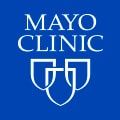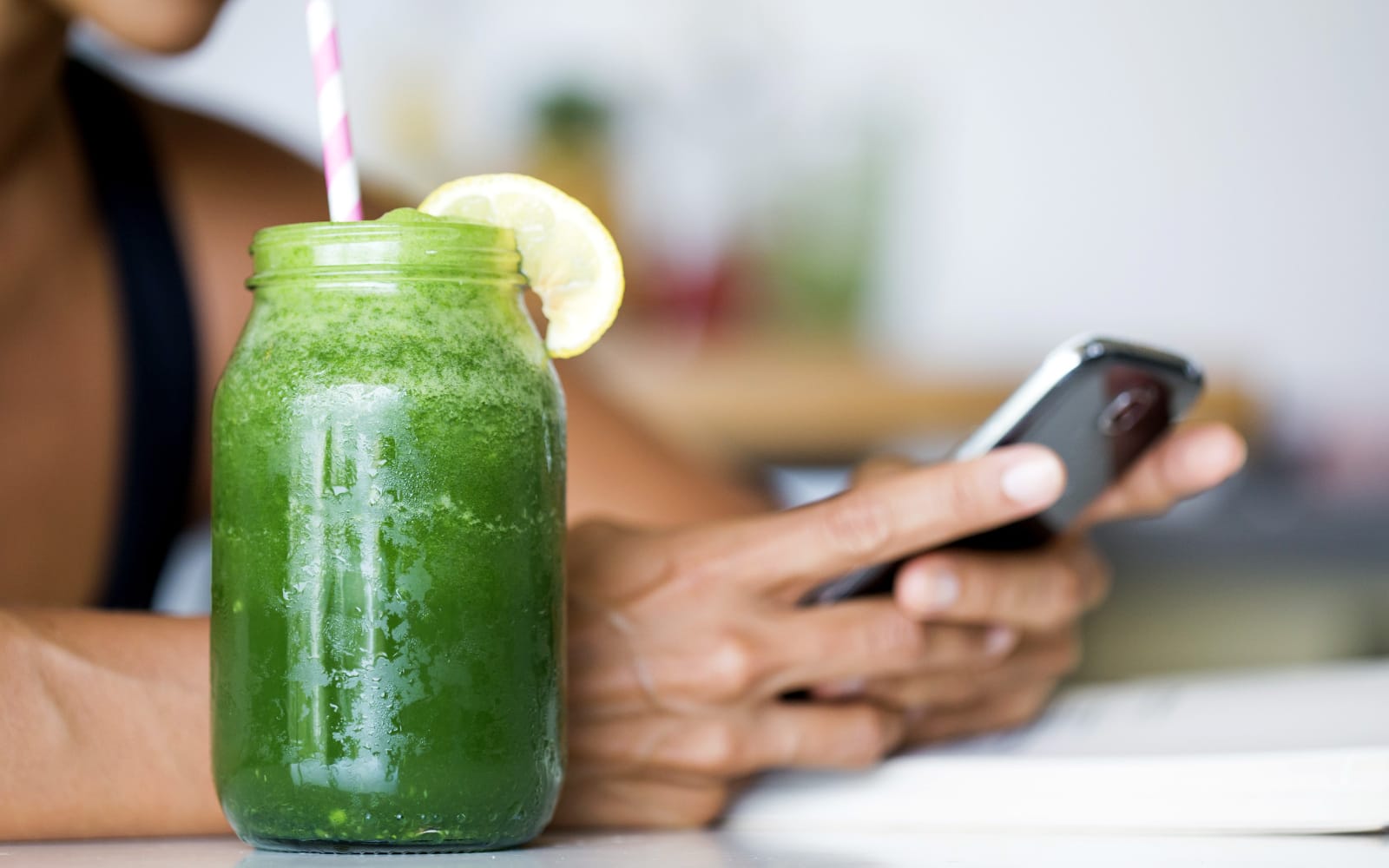Hello everyone,
My name is Frank, I´m from SA and I´ve actually tried an ovolactovegetarian diet twice already, the first time I developed a sort of anemia, so I´ve been taken B12 supplementation since then, it´s recommended no matter your food regime anyway. I didn´t stick to it the second time because I got bored of the meals and sometimes I didn´t have time to cook and since I practice gymnastics I was afraid that I wouldn´t get the proper nutrition in order for my body to maintain its performance level.
Still, I don´t eat read meat, I actually don´t like them really, so I could describe myself as a flexitarian, as infamous as it might sound to you. During this vacations I leveled up my cooking game and I planned an eating schedule for two weeks, and there are only 3 days out of 14 where I´m required to use chicken or fish for my recipes. I think that´s progress, and I hope as I keep getting better at this I can do more complex preparations to steer clear of meat whatsoever.
Also, I know its unethical and polluting, I´ve done my research. Let´s just say I´ve chosen to be a monster, for the time being. But I hope I can improve my techniques with the help of ya´ll.
Thanks for reading, I´m glad there exists a community like this one .
.
My name is Frank, I´m from SA and I´ve actually tried an ovolactovegetarian diet twice already, the first time I developed a sort of anemia, so I´ve been taken B12 supplementation since then, it´s recommended no matter your food regime anyway. I didn´t stick to it the second time because I got bored of the meals and sometimes I didn´t have time to cook and since I practice gymnastics I was afraid that I wouldn´t get the proper nutrition in order for my body to maintain its performance level.
Still, I don´t eat read meat, I actually don´t like them really, so I could describe myself as a flexitarian, as infamous as it might sound to you. During this vacations I leveled up my cooking game and I planned an eating schedule for two weeks, and there are only 3 days out of 14 where I´m required to use chicken or fish for my recipes. I think that´s progress, and I hope as I keep getting better at this I can do more complex preparations to steer clear of meat whatsoever.
Also, I know its unethical and polluting, I´ve done my research. Let´s just say I´ve chosen to be a monster, for the time being. But I hope I can improve my techniques with the help of ya´ll.
Thanks for reading, I´m glad there exists a community like this one



